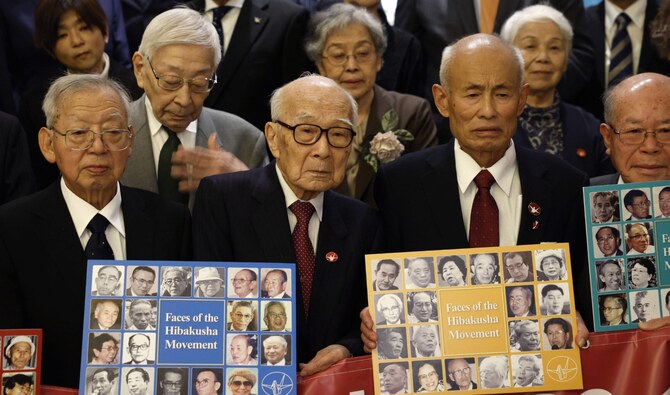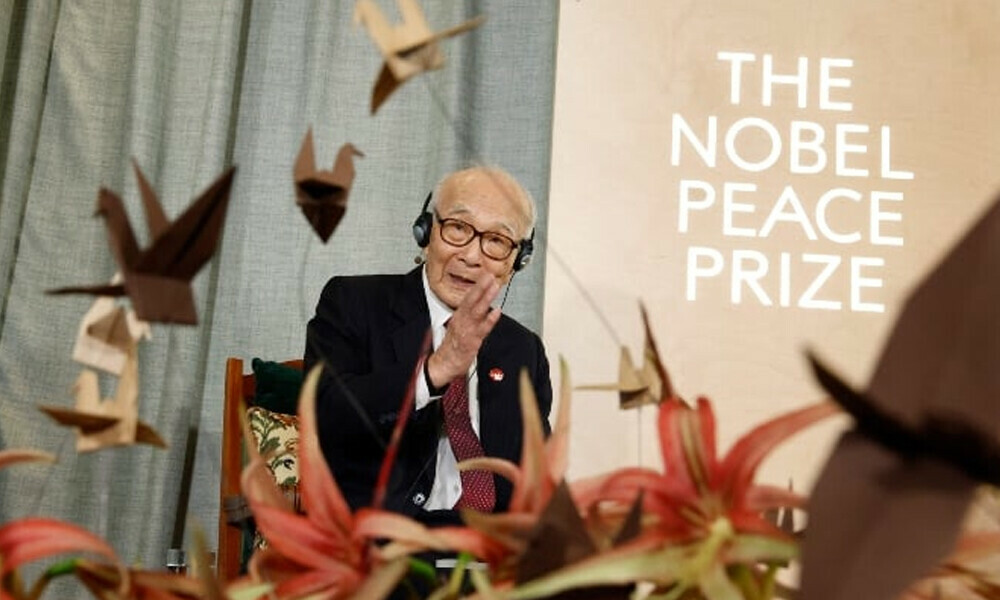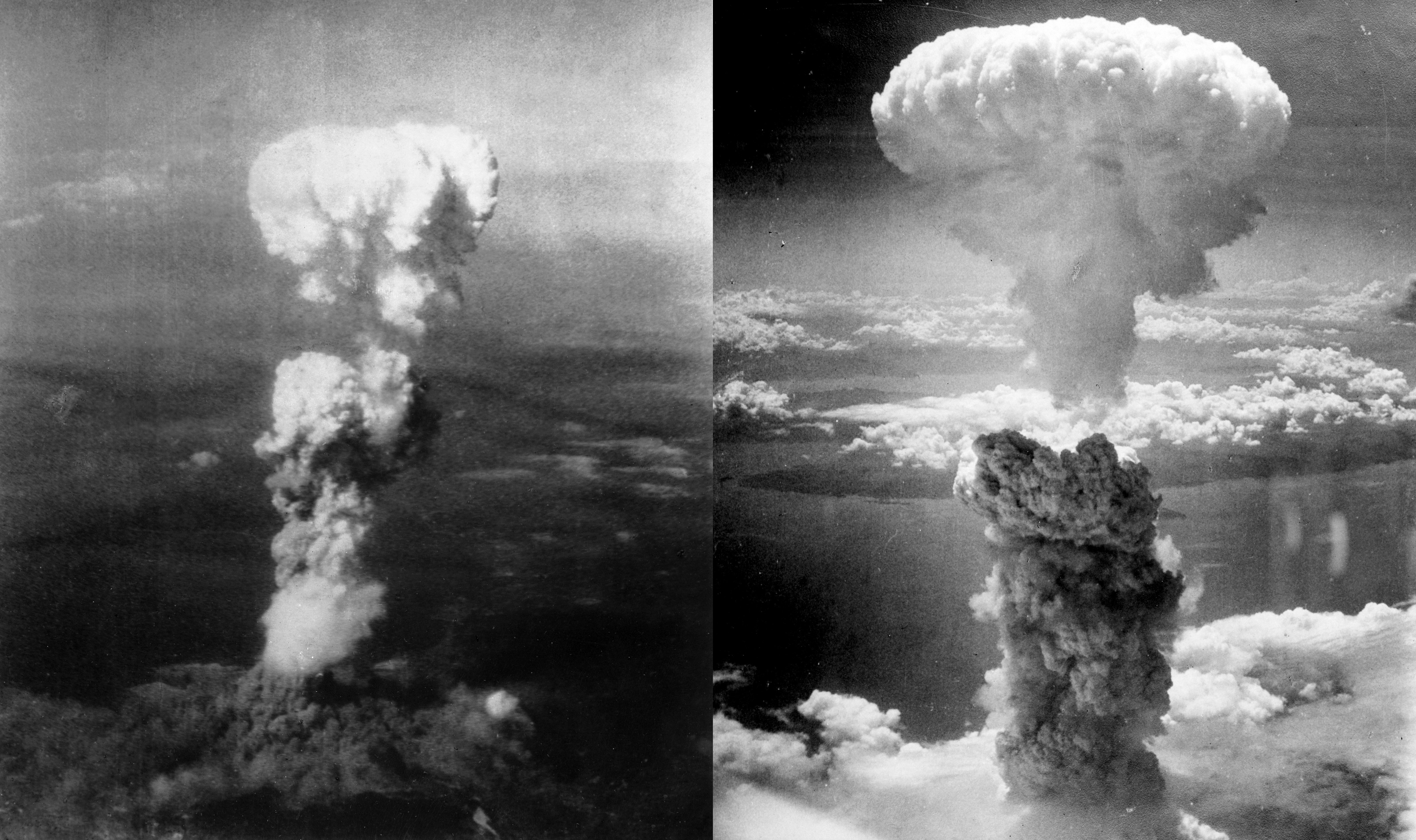Nihon Hidankyo Receives Nobel Peace Prize for Tireless Advocacy Against Nuclear Weapons
"Nuclear weapons and humanity cannot co-exist" - Terumi Tanaka

Japan’s Nihon Hidankyo, the Confederation of A- and H-Bomb Sufferers Organizations, has been awarded the 2024 Nobel Peace Prize for its tireless efforts to abolish nuclear weapons.
The group, founded in 1956, represents survivors of the atomic bombings of Hiroshima and Nagasaki and has spent decades advocating for global nuclear disarmament, emphasizing the catastrophic human cost of nuclear warfare.
The award was presented on December 10 in Oslo, where Terumi Tanaka, co-chair of Nihon Hidankyo and a survivor of the Nagasaki bombing, delivered a powerful acceptance speech. Now 92, Tanaka recounted his firsthand experience of the bombings, which killed five members of his family.

Reflecting on his experiences, Tanaka said, “The deaths I witnessed at the time could hardly be described as human deaths. Even in war, such killing and maiming must never be allowed to happen.”
“I heard the explosion and all of a sudden saw a bright white light, which surrounded everything and everything became silent.”
Three days later, he and his mother searched for their relatives amidst the devastation, witnessing scenes that left a lasting impact. Tanaka stressed that nuclear weapons represent a threat to humanity’s survival and that their continued existence is untenable.
The Nobel Committee emphasized that Nihon Hidankyo’s work is particularly critical in the current geopolitical climate, where the threat of nuclear conflict has resurfaced.
Referencing Russia’s war in Ukraine and President Vladimir Putin’s nuclear rhetoric, the committee underscored the importance of maintaining the global taboo against the use of nuclear weapons.
Jorgen Watne Frydnes, chair of the Norwegian Nobel Committee said, “They could kill millions of us in an instant, injure even more, and disrupt the climate catastrophically. A nuclear war could destroy our civilization.”
Nihon Hidankyo has been a key advocate for the Treaty on the Prohibition of Nuclear Weapons (TPNW), adopted by the United Nations in 2017. While over 90 countries have signed the treaty, nuclear-armed states and their allies, including Japan, have yet to participate.
Japan’s reliance on the U.S. nuclear umbrella has drawn criticism from hibakusha and peace advocates, who argue that true leadership on nuclear disarmament requires active engagement with the TPNW.
Tanaka’s message during the ceremony was clear: the doctrine of nuclear deterrence is flawed, and the possession of even a single nuclear weapon is unacceptable.
He urged global citizens to hold their governments accountable and to work collectively toward a world free from nuclear threats. His sentiments were echoed by fellow hibakusha who joined him in Oslo, symbolizing the resilience and unwavering determination of those who have witnessed the horrors of nuclear warfare.
The recognition of Nihon Hidankyo comes at a time when the average age of hibakusha exceeds 85, raising concerns about preserving their testimonies for future generations.
Survivors have faced decades of health issues, discrimination, and trauma, yet their voices remain a powerful reminder of the devastating consequences of nuclear weapons. The Nobel Peace Prize not only honors their courage but also serves as a call to action for a world still grappling with the specter of nuclear conflict.

The Hiroshima and Nagasaki bombings killed an estimated 214,000 people by the end of 1945, leaving behind a legacy of suffering that continues to shape global discussions on nuclear disarmament.
Nihon Hidankyo’s work is a testament to the enduring hope for a world where such tragedies are never repeated. Through their advocacy, they have illuminated the urgent need for nations to reject nuclear weapons and commit to a future rooted in peace and security.
